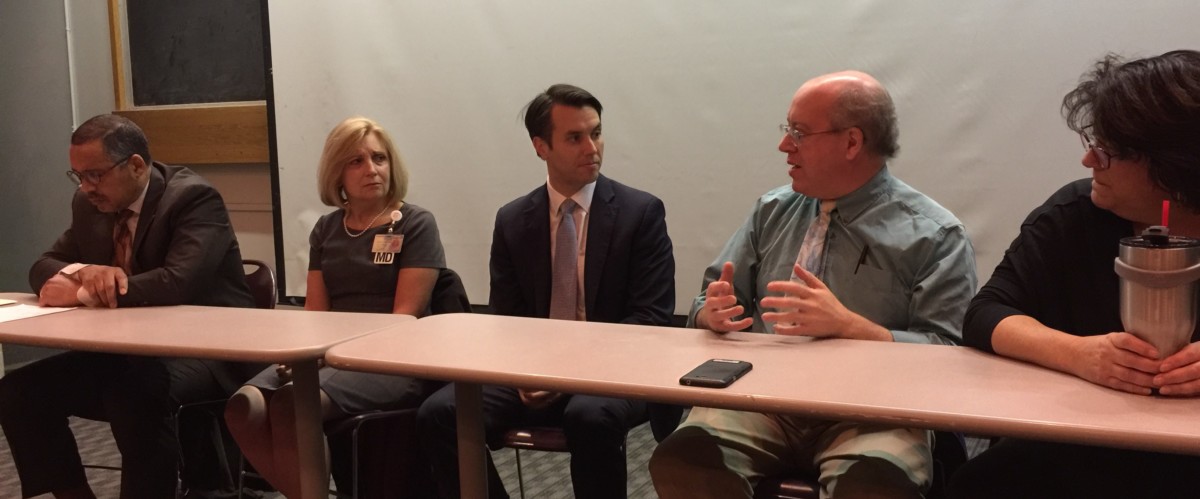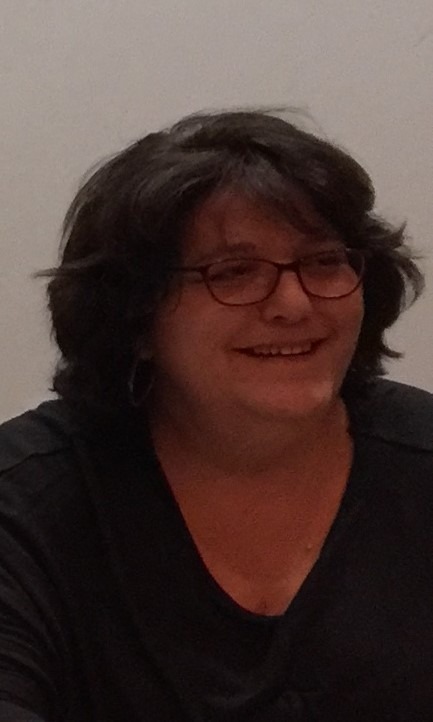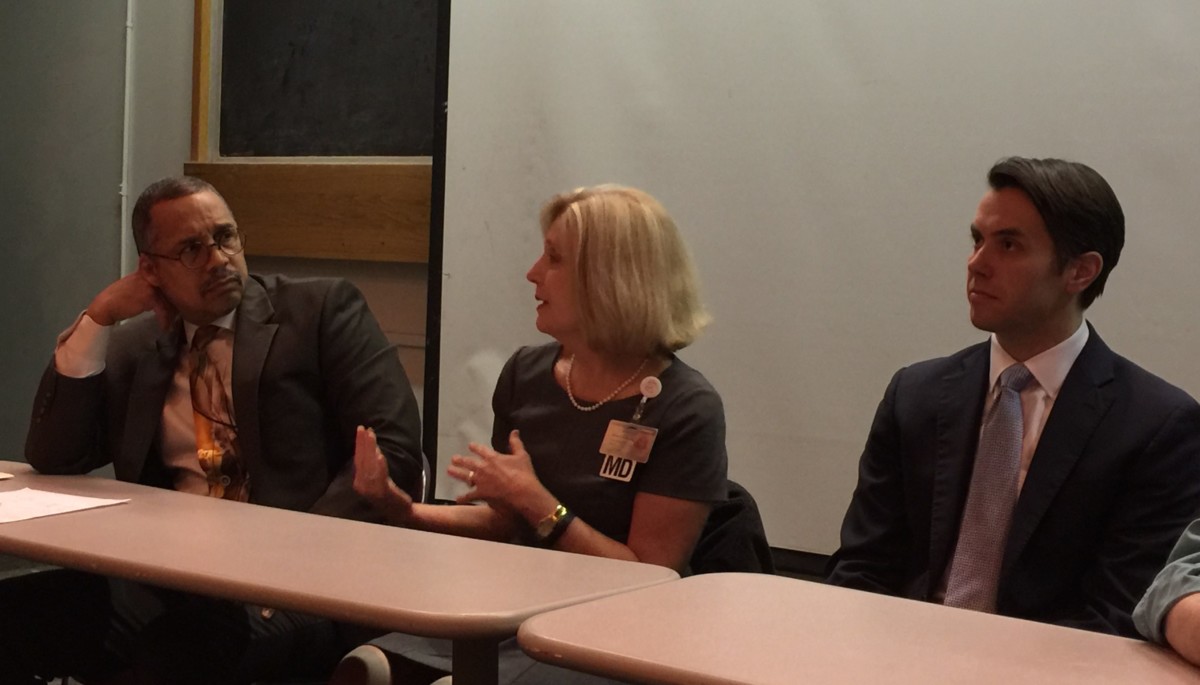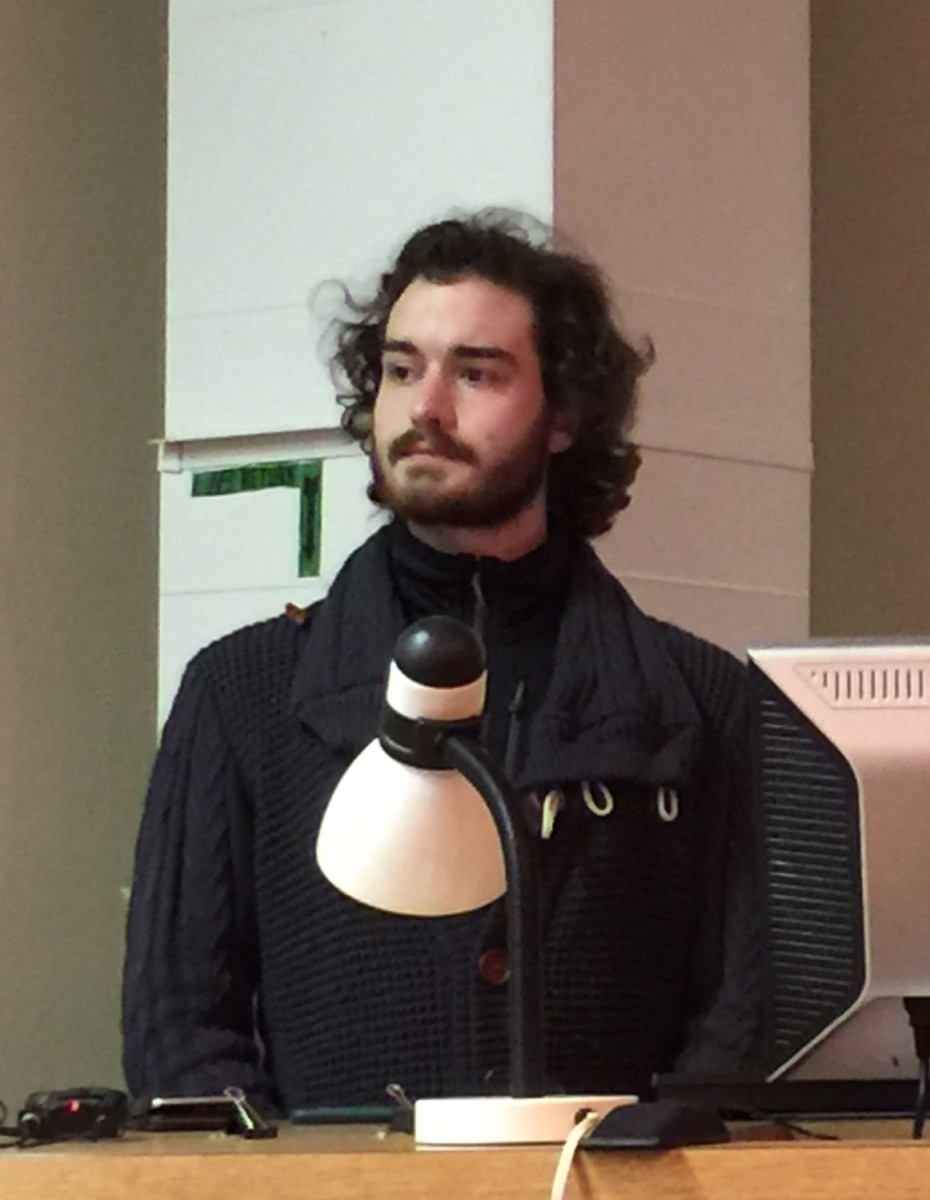On Monday, January 28, 2019, medical students Sarah Parker, Eric Seroogy, and Karen Reynolds, leaders of the University of Louisville Students for a National Health Program (SNaHP), hosted a noontime panel discussion at the medical school.

Sarah Parker and Eric Seroogy posed the questions. Dr. Karen Berg told of a patient in her early 60’s who arrived with extremely advanced open, fungating breast cancer. When she asked the patient why she did not come in earlier, the woman replied that she did not have insurance, that she knew what this was but “All we have is our home–I wasn’t going to let my husband be homeless because of this.”

“This woman literally gave up her life because she didn’t want her husband to lose their only possession,” said Dr. Berg, adding that she favored an expanded Medicare for all or single payer system. She noted that currently the annual cost per physician is $100,000 just for dealing with the insurance companies.
Dr. Kodner spoke of the prior authorization required by Passport. Before they will pay

the physician must justify the treatment. “Quite a few times it’s maddening,” he said as he told of the challenges that confront doctors.
Dr. Casper spoke of the barriers that those without insurance or with inadequate insurance face. She told of a diabetic patient who worked in construction. When he could not pay for his insulin, his toe became infected and he lost the toe. With his big toe missing he did not have proper balance, so he lost his job and his insurance. When he lost the insurance, things got worse and his foot was amputated. He ended up unable to work at all and in a nursing home because he could not pay for the necessary drugs. “This is a moral issue but also does not make economic sense,” she said.
Dr. Tuckson said: “We have the VA and we know it works. Canada has their Medicare system and it works. England has a wonderful National Health Service.” He then responded to the accusation that single payer systems have long waiting times by saying “try seeing an endocrinologist in Louisville.”

He said that in the system we have “Walmart is going to come in and turn us all into clerks.”
Morgan McGarvey said that the Medicaid budget is set for the state of Kentucky and that there is not enough money in state government, but that he did not believe that we would ever get rid of private insurance. Dr. Kodner expressed the opinion that single payer will never happen here–the American mind set is wildly against it, he said.

Others did not agree.
Dr. Casper said that she believed that there was an appetite for single payer in the American public. She said that if
she did not have to spend so much time with insurance company requirements that she would have an increased ability to work with patients. “There is real movement towards a single payer system,” she said.
Dr. Berg said “our health care system is broken.” She knows of patients who have $9,000 deductibles. “The more people who see they cannot afford their care, the faster we will get to single payer. It is cost effective. This will happen in this country.”